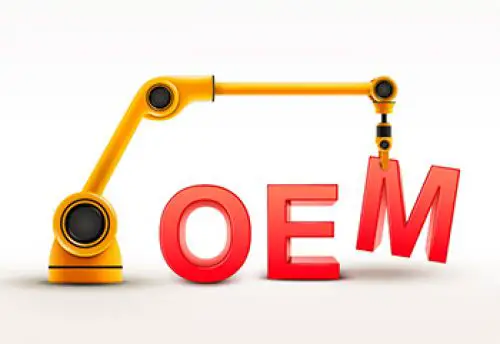 OEMs are a vital part of the business world, but perhaps not everyone knows what they are. OEM stands for Original Equipment Manufacturer and OEM software refers to the software that is created and sold to computer builders and manufacturers. An OEM can provide a company with products that meet worldwide electrical standards and major global certifications, or they might provide a tech company with software. For example, along with your digital camera that you bought, the software that comes along with it is an example of OEM software. Often this means that the software is not the newest version available, but instead bundled together with the product as a feature-limited version. The OEM software or hardware is often cheaper than normal retail products, giving consumers more options at different price points.
OEMs are a vital part of the business world, but perhaps not everyone knows what they are. OEM stands for Original Equipment Manufacturer and OEM software refers to the software that is created and sold to computer builders and manufacturers. An OEM can provide a company with products that meet worldwide electrical standards and major global certifications, or they might provide a tech company with software. For example, along with your digital camera that you bought, the software that comes along with it is an example of OEM software. Often this means that the software is not the newest version available, but instead bundled together with the product as a feature-limited version. The OEM software or hardware is often cheaper than normal retail products, giving consumers more options at different price points.
Imagine you order something online, an OEM product: something that was at a cheaper price point than other options on the market. However, instead of it being shipped to you in a packaging style expected of retail products, it is simply in a generic box. This illustrates the fact that OEM products are not originally intended to meet the consumer directly, they are expected be sold to another company that would then rebrand and rework the product to then put on the market.
When one considers OEM hardware and software, a common question that comes up is whether or not it is in fact legal to buy them directly. OEM hardware and software is legal to buy, only when it is legitimate and in accordance with the appropriate software license. However, it often does not come with the customer support, warranty or the compatibility you would usually expect. Instead of paying $179.99 for Windows 7 Home Premium, for example, you could pay $99 at the OEM price point. But you get only what you pay for. Sometimes the money saved for a piece of hardware or software is worth it, sometimes it is not. It is completely up to the consumer whether it is a chance worth taking.
In the world of software, OEMs make a difference for the company itself and its consumers. However, the possible legal issues that it brings to surface can make consumers rethink when they see an ‘OEM’ label. Pirated software and unethical online sellers are just a couple issues, but there is also the problem with OEM software on devices that a consumer does not have the power to change. For example, on an Android device, there is software that is hard-wired into the device. Even if a consumer wants to delete or disable an application or software update, it may be impossible.
Overall, OEMs are related to both software and hardware. When it comes to OEMs, compatibility, ensuring legitimacy and understanding what comes along with an OEM purchase is key. Other than that, the discounts can make a purchase all the while worth it.
[Image via Google Images]



